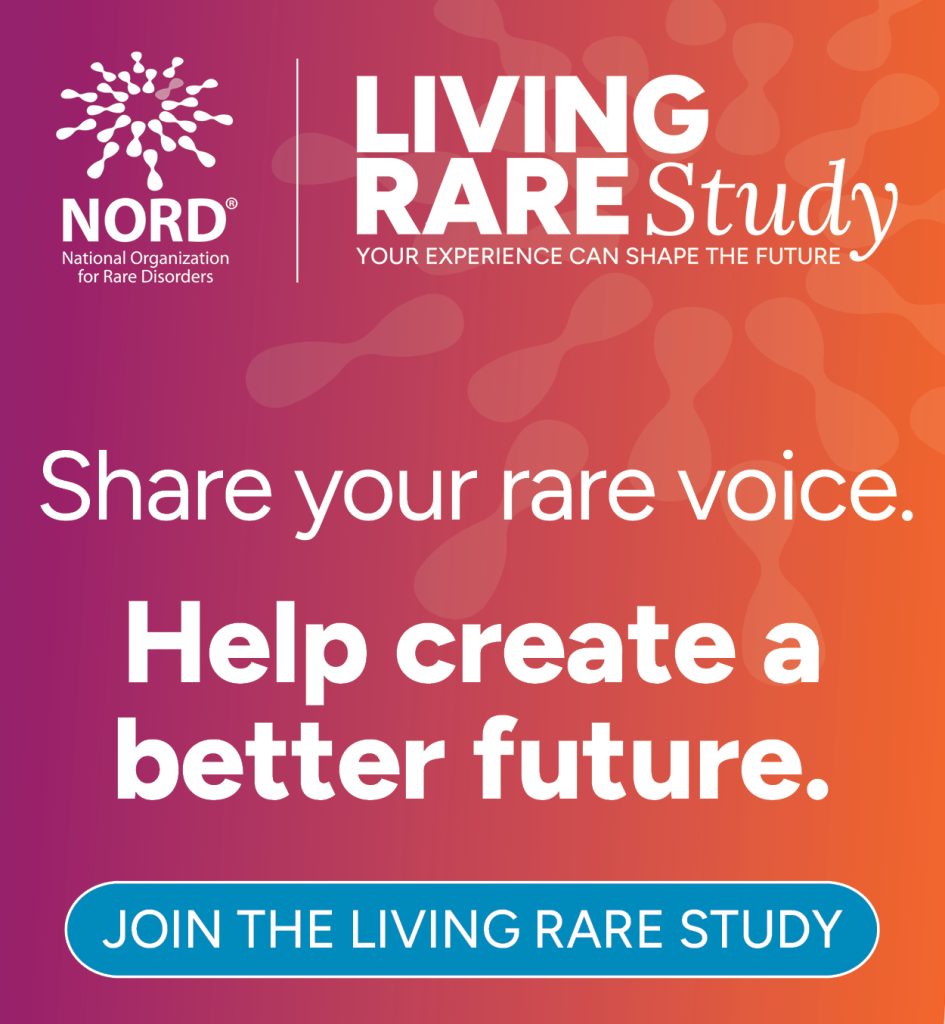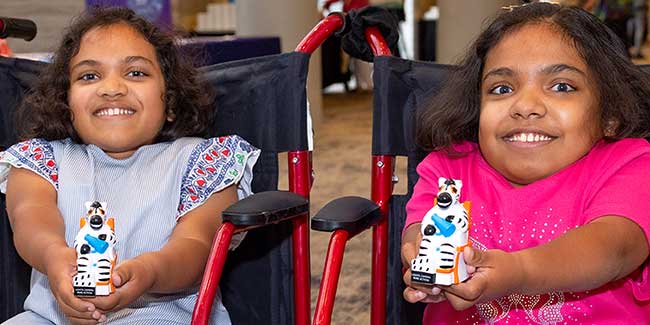Washington, DC, January 23, 2020–The National Organization for Rare Disorders (NORD)®, the Foundation for Rare Blood Diseases (SZB) and the pyruvate kinase deficiency community together made history on September 20, 2019 with patients and families sharing their experiences directly with the US Food and Drug Administration (FDA) and other key stakeholders, and first-of-its-kind testimony from the heavily impacted Amish community of Belleville, Pennsylvania. The result of this ground-breaking externally-led Patient-Focused Drug Development meeting is a newly published “Voice of the Patient” report giving voice to patients and families affected by pyruvate kinase deficiency, a devastating rare genetic disorder characterized by hemolytic anemia (the premature destruction of red blood cells).
An externally-led Patient-Focused Drug Development (EL-PFDD) meeting is an opportunity for patients and caregivers to share details about the impact of a specific disease on their daily lives with stakeholders instrumental in bringing new medications to market. This direct input of their personal perspectives, needs, experiences and priorities is captured and meaningfully incorporated into drug development and evaluation by the US Food and Drug Administration (FDA), researchers, medical product developers and health care providers. As new drug applications are filed by drug developers, the comprehensive “Voice of the Patient” report generated after an EL-PFDD meeting is a critical resource for the FDA, in addition to mandatory safety and efficacy data, and is considered when new medications are evaluated.
Pyruvate kinase deficiency is a chronic, lifelong condition with symptoms and complications that can include extreme fatigue, gallstones, iron overload, pulmonary hypertension, and low bone density. It can be life-threatening at birth, or it may mean a lifetime of worsening symptoms, a splenectomy, and blood transfusions.
“At NORD, we believe that patient-powered initiatives can change the world. The externally-led Patient-Focused Drug Development meeting was extraordinary primarily because patients and caregivers were able to speak directly to the FDA, but also because it was one of the largest gatherings of pyruvate kinase deficiency patients at any time in history, and the first time the Amish community was engaged,” said NORD President and CEO Peter L. Saltonstall. “We are confident the voices of patients and caregivers heard that day will significantly impact the future for all affected by this rare disease, providing real hope for the community.”
The “Voice of the Patient” report is available for download now, and a recording of the entire EL-PFDD meeting on pyruvate kinase deficiency can be viewed here.
# # #
More on the Amish Community’s Role in the Voice of the Patient Report
While pyruvate kinase deficiency is very rare in the general population, there is a concentrated area where it is not. The Amish community of “Big Valley,” founded in the late 1700s in Belleville, Pennsylvania, has documented at least 50 cases of pyruvate kinase deficiency. The disease is deemed to be common in the Amish because of the “founder effect” (occurring when a small part of a population moves to a new locale, or when the population is reduced to a small size because of an environmental change, the genes of the “founders” of the new society are disproportionately frequent in the resulting population).
Prior to the EL-PFDD meeting, representatives from NORD traveled to Big Valley to engage with the community at the invitation of Dr. Holmes Morton, a top clinician treating a high concentration of Amish patients living with pyruvate kinase deficiency. NORD’s Vice President of Development Alexa Moore and Director of Membership Services Debbie Drell spoke during the first pyruvate kinase deficiency patient education day at Dr. Holmes’ new Central Pennsylvania Clinic to a room of Amish pyruvate kinase deficiency patients and caregivers. Because cultural practices against technology barred them from participating in the EL-PFDD meeting in person or via webcast, paper copies of surveys were distributed to the attendees. Their responses are featured in the “Voice of the Patient” report, the first time an Amish community has ever participated in such a project.




